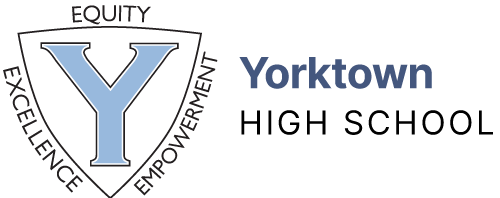Recognizing Opportunities for Social and Emotional Learning
Students learn social and emotional skills – in the classroom and via special school programs – through three elements: example, experience, and reflection. These varied modes of learning develop skills in distinct yet complementary ways.
- Example: As a responsible adult and teacher, you are in an influential position to serve as a role model yourself each day, while also pointing to other role models who appear able to handle, in an intelligent and self-controlled manner, the conflicts that inevitably arise in life.
- Experience: Consider your curriculum. Where and how is it possible to present students with opportunities for problem-solving, decision-making, and analysis?
- Reflection: On occasion, provide time for students to slow down and experience the importance of personal reflection as a means to making wiser choices in school and life. If we don’t provide the time, some never take it.
Principles to Remember
A “cookbook” approach to teaching emotional intelligence does not work. Teachers themselves design the most effective lessons for infusing their discipline with instruction in social and emotional learning.
The amount of time a teacher must spend outside the normal framework of their lessons should be minimal.
The goal is not to change a science course into a course in emotional learning, but to use the content of the science class or some specific aspect of the scientific method to reinforce, on occasion, a specific principle of social or emotional learning. A common error is to “overdo” one’s efforts during the first 3 or 4 weeks of school. It is more effective in the long run to plan an occasional lesson and point to specific applications as they arise throughout the year.
The content of some academic disciplines lends itself more naturally than others to the application of social and emotional education. Teachers of any content area have occasions to emphasize, directly or indirectly, hallmarks of social and emotional intelligence, such as self-awareness, impulse control, persistence, and so forth.
The effort will be worthwhile.
Students who learn to develop an awareness of how they feel, how others feel and how their behaviors affect others, become more able to calm down and think when confronted by challenging situations.
The skills must be modeled as well as taught.
Don’t presume that students have mastered such important basic skills.
Think about class dynamics as well as class content. Explicit comments from the instructor on the roles and dynamics within group situations, or cooperative learning experiences, can prove helpful and educational to students.
Be explicit. When an occasion arises to reinforce some aspect of emotional learning, do not assume students will quickly or naturally pick up the implied message of the lesson, material or classroom activity.
Broaden the frame of reference to the whole school. When an appropriate “teachable moment” arises, do not hesitate to refer to student written Goals of Community Behavior.
Used with permission of author. Pasi, Raymond J. (2001). Higher Expectations: Promoting Social Emotional Learning and Academic Achievement in Your School. New York, New York: Teachers College Press.
 Contact
Contact  Calendars
Calendars Careers
Careers Engage
Engage  District
District
